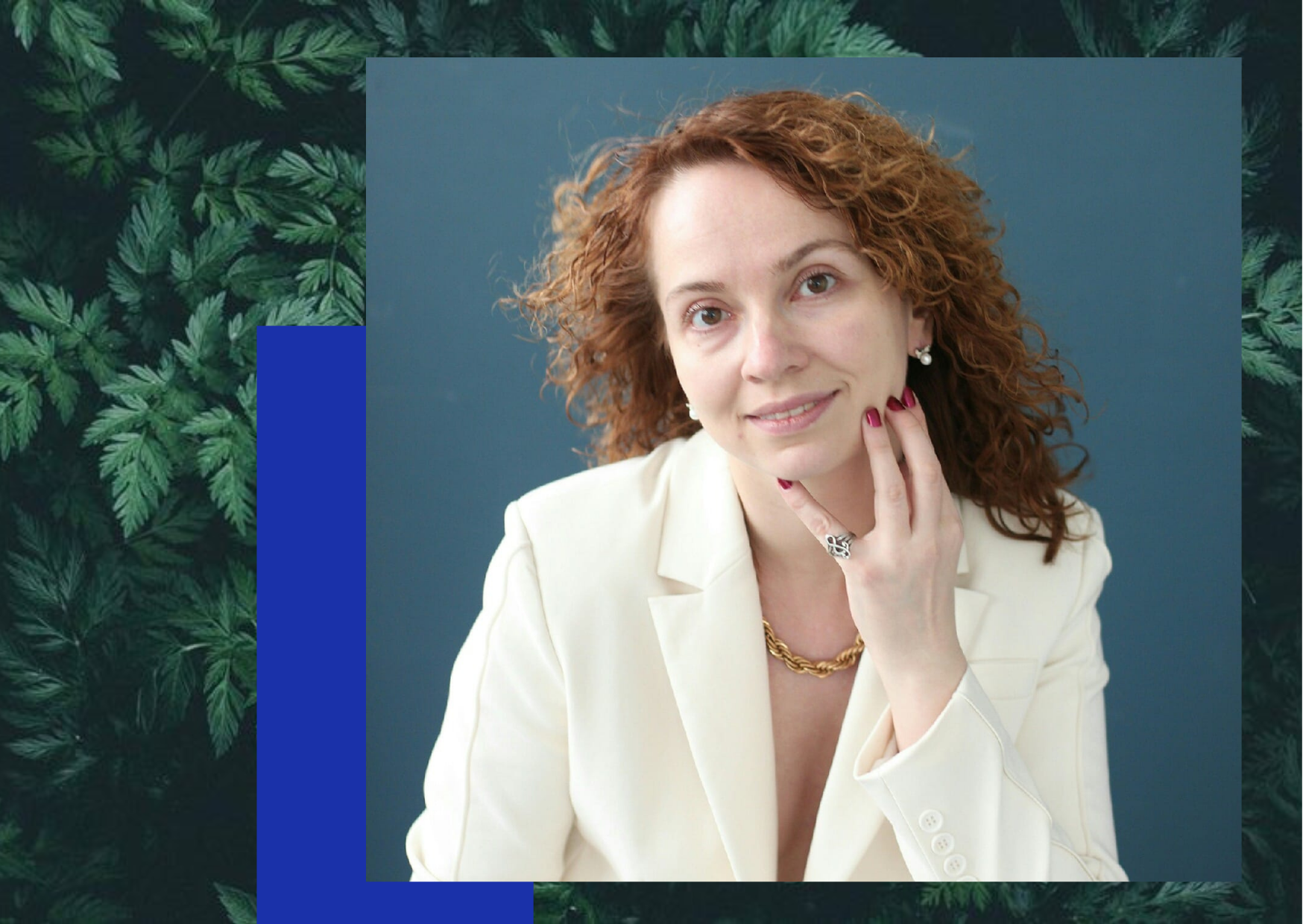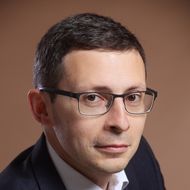‘If We Can’t Prevent the Robot Invasion, We Should Lead It’

The induction of the MuseNet deep neural network into the Russian Union of Composers in April 2021 has interesting implications—will artificial intelligence edge live performers out of their profession? Evgenia Evpak, composer, teacher at the HSE Faculty of Communications, Media, and Design and graduate of the HSE ISSEK Master’s programme in Governance of Science, Technology and Innovation, believes that humans still have a future in the music industry.
When I learned about the Governance of Science, Technology and Innovation Master’s programme seven years ago, I was immediately interested. As a composer, the whole idea of ‘innovation’ was thrilling to me. I understood the importance of learning to manage innovation, and that composers in the 21st century need a modern skillset. Otherwise, robots will be the ones composing the music. Does this mean that composers are a dying breed, or will they adapt and become programmers, experts in creating samples and interacting with AI in a friendly way?
My outlook is positive: the complications and barriers created by technology should be seen as challenges for composers to overcome in order to achieve results. I believe that we need to make friends with the robots and explain to them that they’re always a few steps behind us humans. We are getting to the point where if we can’t prevent the robot invasion, we should lead it.
There are already existing platforms for working with samples. Today, the best way to learn an unusual instrument, like those used in ambient music, is to use Ableton Live (a computer program for studio composition). It can create lots of samples, upload them to the platform and sell them. Of course, they should still have artistic value. The best recipe for success is to create a nice tone and follow the formula of ‘melody plus harmony plus rhythm’.

I wanted to know the ins and outs of the music industry, to understand the laws of the music market. My research under the Governance of Science, Technology and Innovation Master’s programme was interdisciplinary. I studied state support for innovations in the music industry. When my academic supervisor, Mikhail Gershman, Director of the HSE ISSEK Centre for Science, Technology, Innovation and Information Policy, first heard the topic I proposed, he thought I’d gone mad. But in the end, thanks to his flexibility and openness to creative industries—for which I respect and adore him—he supported me. We went ahead with it, and in 2019, he invited me to join a pilot project aimed at measuring the creative industry. He put me in charge of the music side of the project.
It’s important to clarify what we mean by ‘music industry’. When we were working on the project, we agreed to define it as the field of culture and arts that encompasses professional, creative and educational activities aimed at generating musical content.

Mikhail Gershman, Director of the HSE ISSEK Centre for Science, Technology, Innovation and Information Policy
Evgenia’s case perfectly illustrates the interdisciplinary nature of our Governance of Science, Technology and Innovation Master’s programme. Each new intake brings a range of talented, interesting people from many countries with various backgrounds and interests. We have students with backgrounds in economics, business, IT, governmental bodies and even creative professions (albeit rarely). Evgenia Evpak, with her musical education and keen interest in new technology, was able to successfully write and defend a Master’s thesis on innovations in music industry, before playing an active role in an HSE ISSEK research project to measure Moscow’s creative economy. I believe that the programme’s interdisciplinarity and student diversity provide new opportunities and unexpected career prospects.
There is a stereotype—one that my colleagues and I are trying to fight—that music is just a hobby, not something you can earn money doing. This stereotype impacts attitudes to musical education. But some universities around the world offer programmes in ‘media music’—functional music that’s currently in high demand in the industry. Graduates can make a living by composing functional music.
Music as a functional product is now part of every field from design to fashion, and in creative and traditional sectors of the economy. Corporations, including industrial and transportation companies, want corporate anthems and jingles. They commission corporate songs for TV advertisements. The same is true of occasions like major sporting events. Since 2017, there has been a growing demand for anthems for educational institutions such as schools and colleges. This spring, I worked with my students from the Faculty of Communications, Media, and Design to produce a chart-topping song called ‘Let’s Get Together Online’.
About the Programme
The English-taught Master’s programme in Governance of Science, Technology and Innovation at the HSE Institute for Statistical Studies and Economics of Knowledge (ISSEK) is designed to train a new generation of professionals. Students learn to see from a broader perspective and how to analyse and structure information. Graduates of the programme have the skills to effectively manage technologies and innovations at all stages, from concept to implementation, and at the corporate, local, national and international levels.
The programme offers international internships and double-degree opportunities. Find out more about the programme here.

